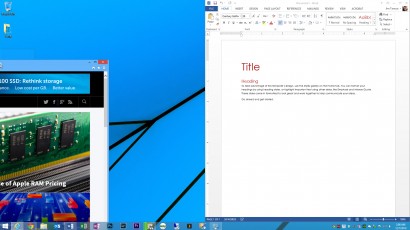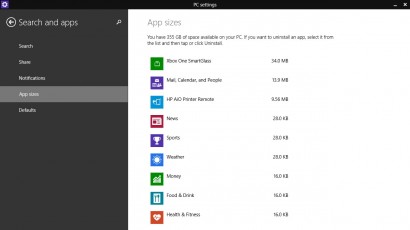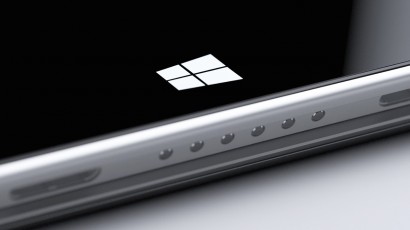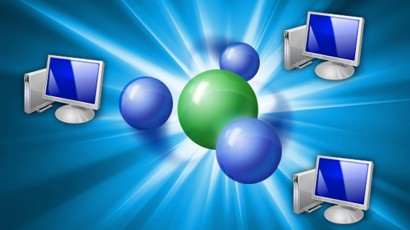Aero Snap is a feature introduced in Windows 7 that lets users position and resize desktop windows by dragging them to the edges of the screen or double-clicking their title bars. But sometimes Aero Snap is more of a pain than a convenience, and some users may want to fully control the size and position of their desktop windows themselves, without the well-intentioned but often incorrect “help” from Windows. Thankfully, you can disable Aero Snap in Windows 7, 8, and 8.1 with a quick trip to the Control Panel. Here’s how to do it.
Make Your Own Windows 8 Start Menu with a Custom Toolbar
By now, just about everyone knows that Windows 8 killed the Start Menu, and that Windows 10 will bring it back next year. But those who miss the Start Menu don’t need to wait for Windows 10. While there are several third party software options that can restore Start Menu functionality in Windows 8, you can also hack together your own Start Menu-like quick launcher using Taskbar toolbars.
Group Devices and Drives by File System in Windows 8.1 File Explorer
The File Explorer in Windows 8.1 groups all of a PC’s devices and drives together by default, which isn’t ideal for users with a large number of drives. Here’s how to make managing multiple devices and drives easier by grouping them according to file system.
How to Track the Size of Metro Apps and Data in Windows 8
Longtime Windows users are accustomed to keeping track of the size of installed software via a utility like Windows Explorer. With Windows 8 ‘Metro’ Apps, however, there’s no clear way to see how much space your apps are occupying via traditional methods. Here’s the new Windows 8 method to track Metro app sizes.
Advertisement
How to Take a Screenshot on the Microsoft Surface Tablet
Some traditional Windows options for taking screenshots aren’t available to users running Windows RT on tablets like the Surface 2, but that doesn’t mean that the ability to take quick screen captures is out of reach. Here’s how to quickly take a screenshot on ARM-based Windows tablets.
Pin the PC Settings App to the Windows 8.1 Start Screen or Taskbar for Quick Access
Although many Windows 8.1 users prefer to spend their time on the Desktop, there are still several important system options that can only be accessed via the Metro/Modern PC Settings app. Here’s how to make PC Settings easier to manage by pinning it to your Start Screen or Taskbar.
How to Play Solitaire in Windows 8
Microsoft’s Solitaire was long included in Windows and became one of the most popular games in the world. But Microsoft removed Solitaire from Windows 8, leaving millions without their favorite game. Here’s how to find Microsoft’s new version of Solitaire, and get it running in Windows 8.
How to Configure an App to Always Run as Administrator in Windows
User Account Control in Windows limits the ability of applications to access critical parts of Windows without administrator privileges. Users can always set an app to run as administrator as needed, but for those who frequently run apps that require this setting, here’s how to always have an app run as administrator by default.
How to Disable HomeGroup in Windows 7 and 8
Windows HomeGroup is a feature in Windows 7 and 8 that lets consumers and small businesses easily set up ad hoc networks to share documents and media between computers. But if you don’t want to use HomeGroup, the feature merely takes up space and resources. Here’s how to disable HomeGroup with a quick trip to the Windows Services utility.
How to Prevent Windows from Automatically Reducing System Volume
Users running media software on recent versions of Windows may have encountered a strange occurrence: the volume of their media apps is automatically lowered when they run certain games or programs, like Skype. Here’s why this happens and how you can stop it.









